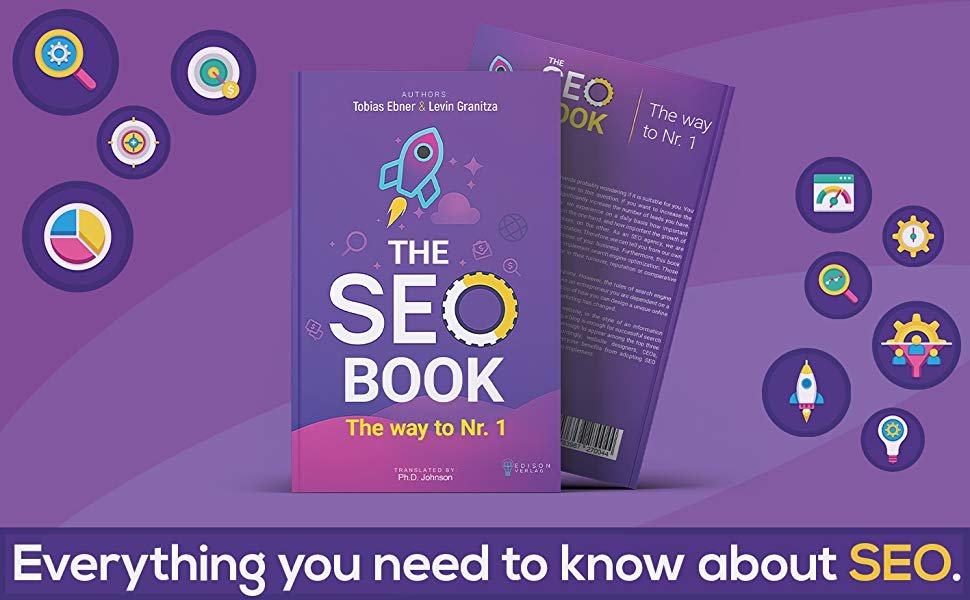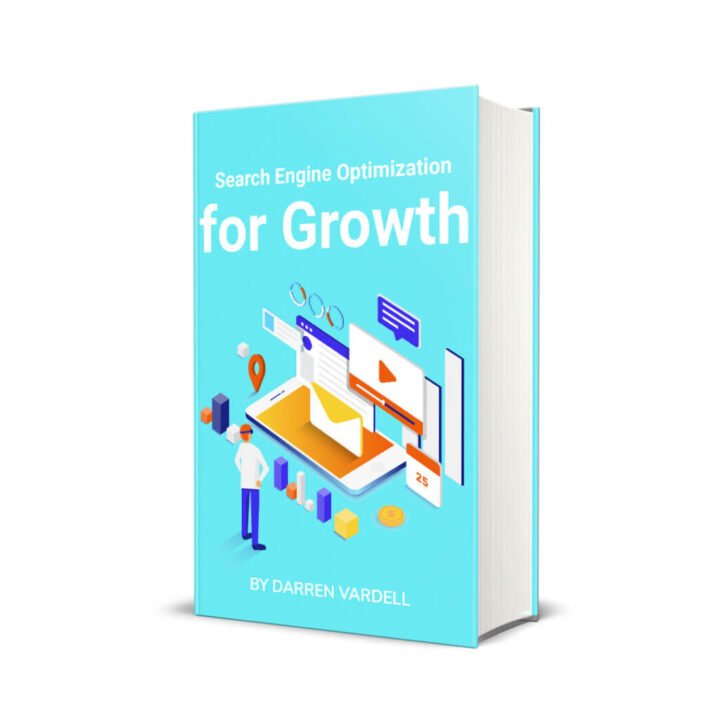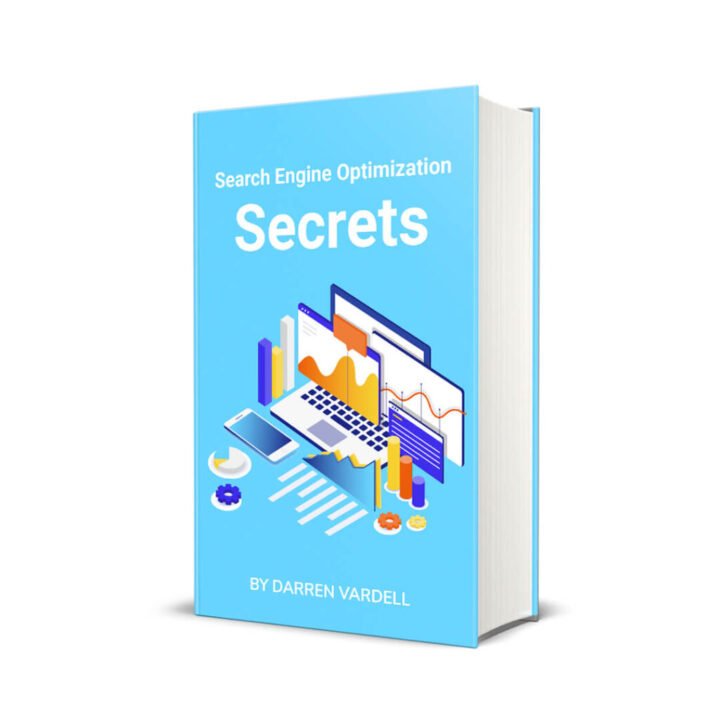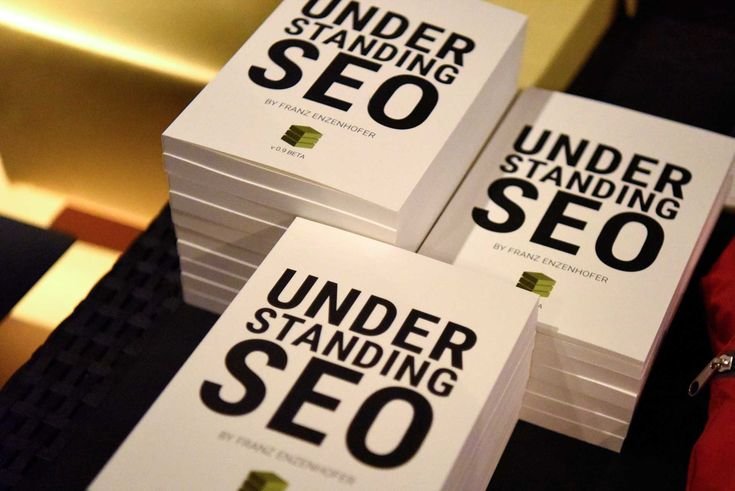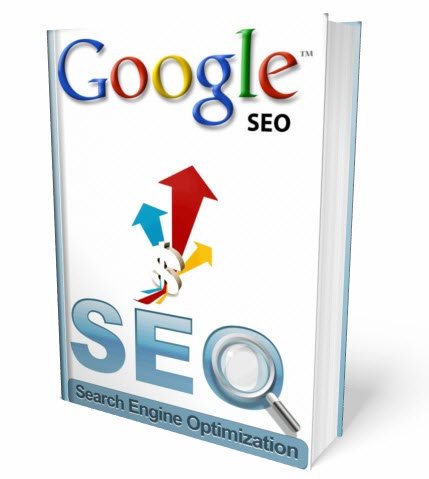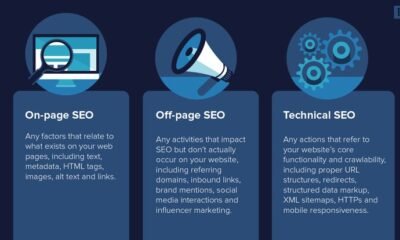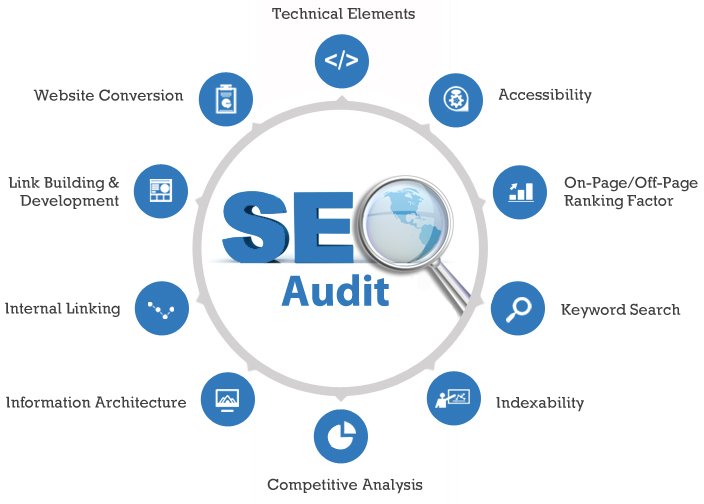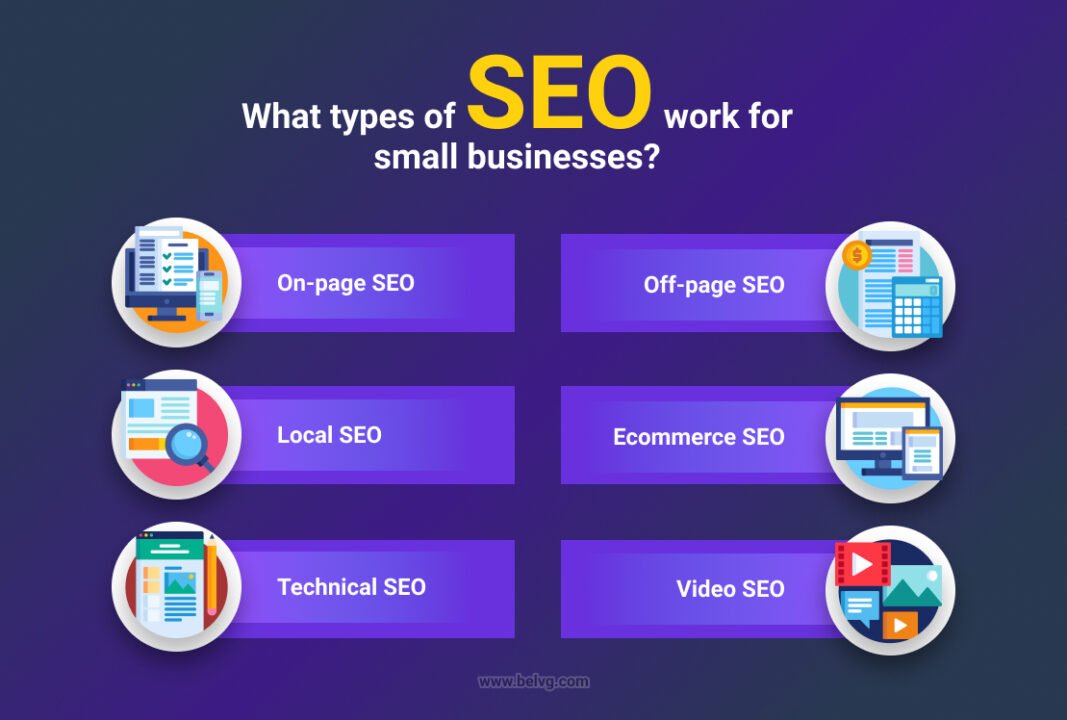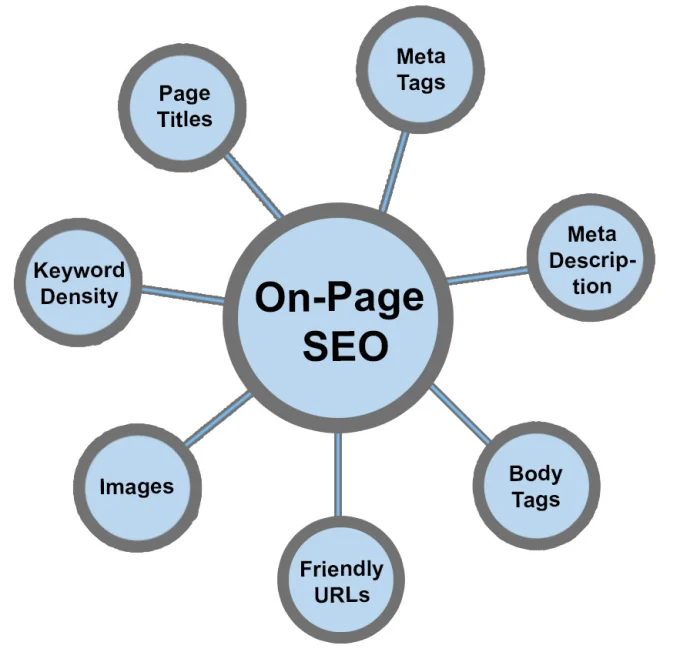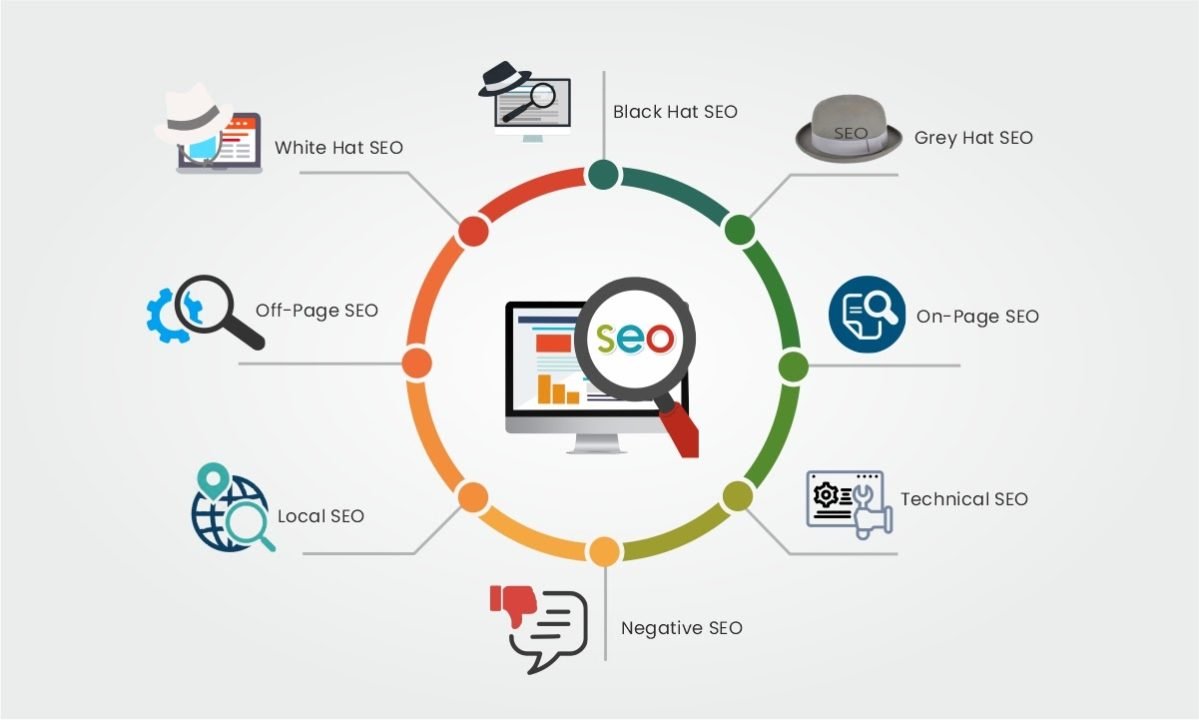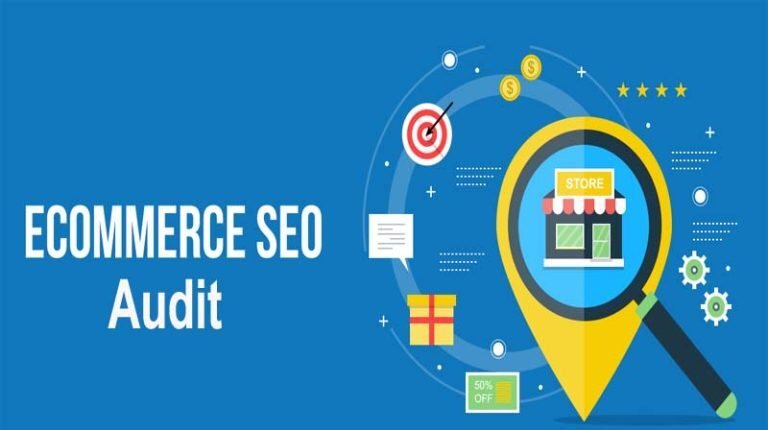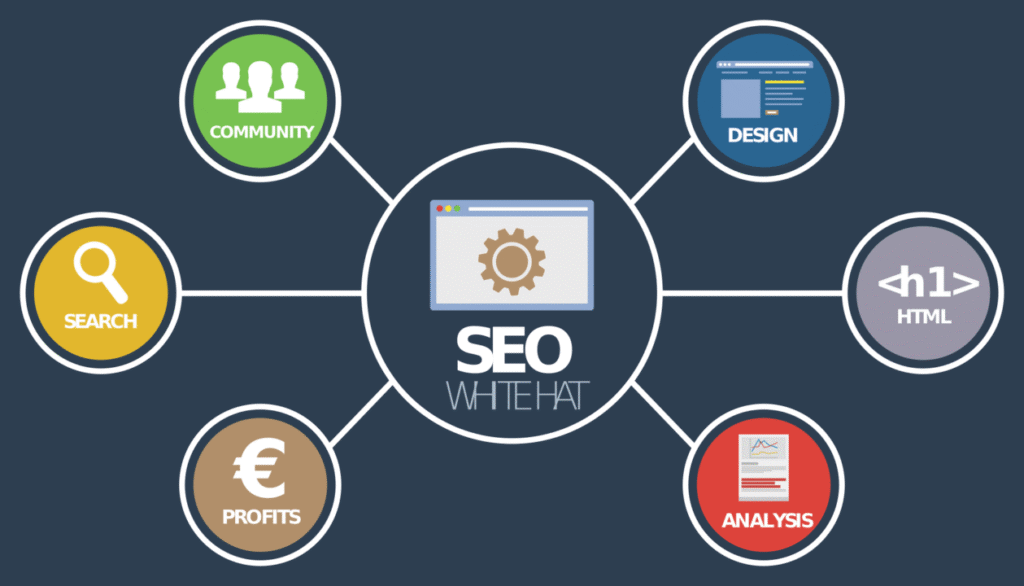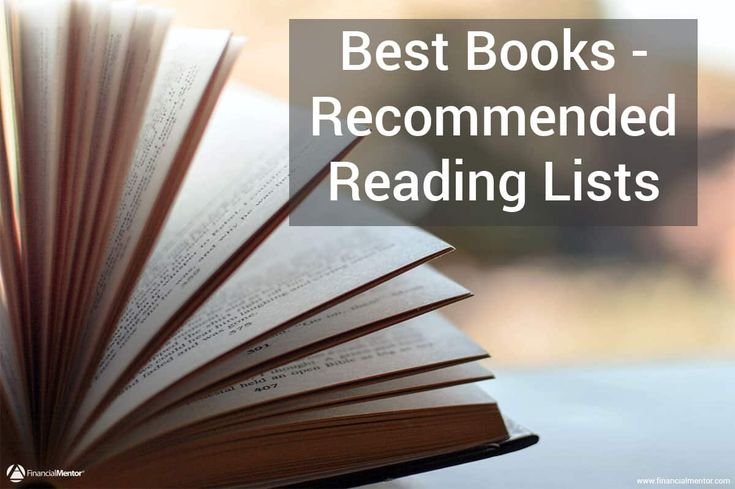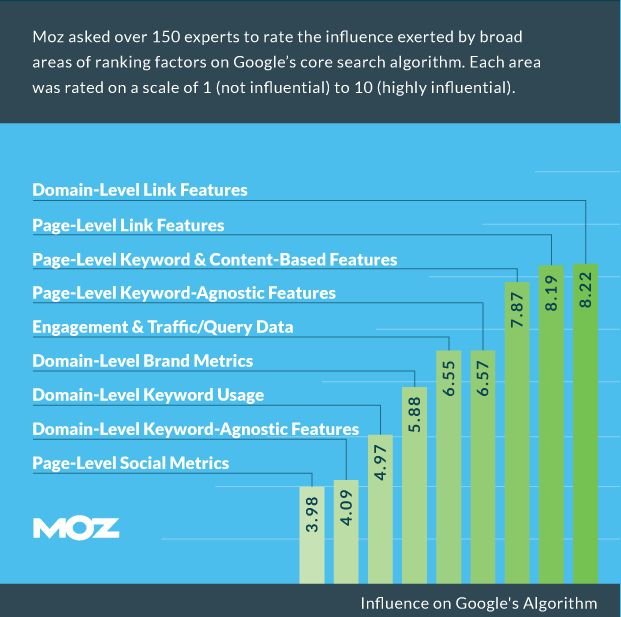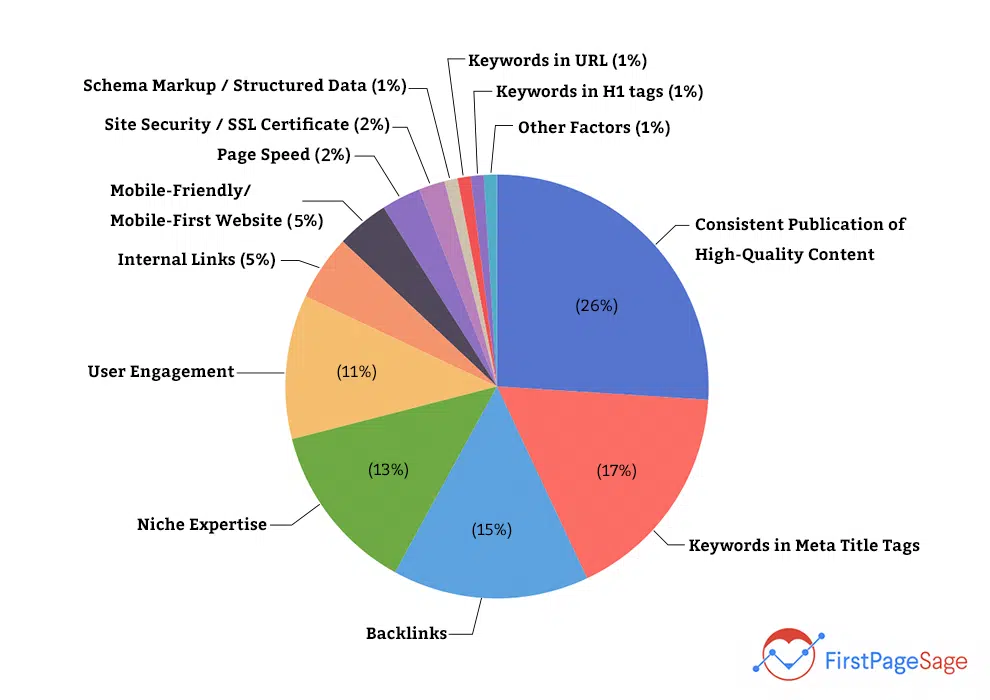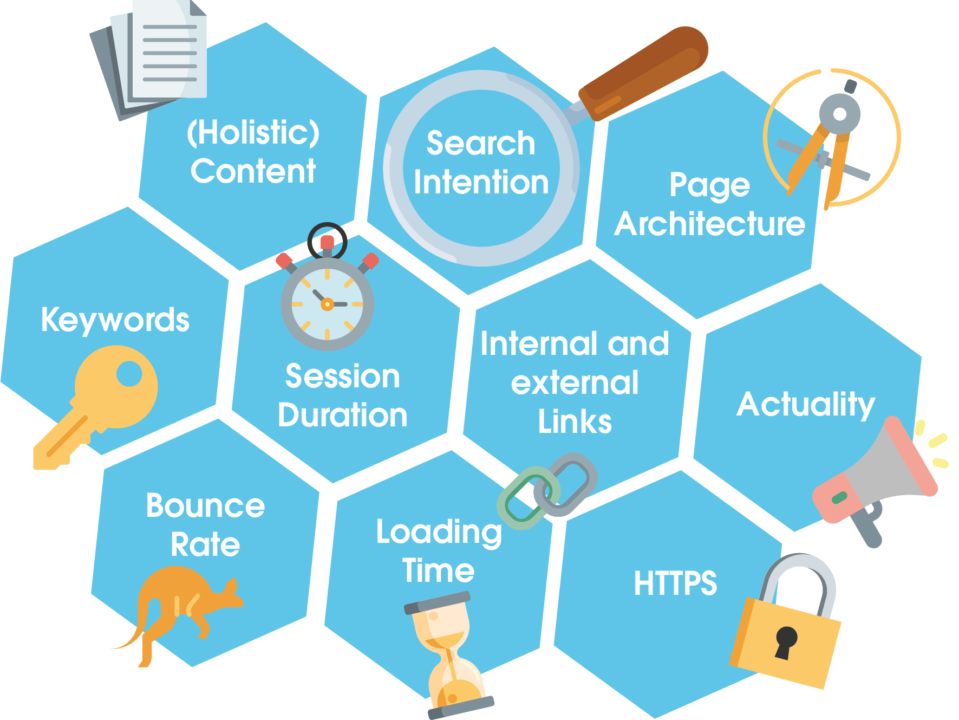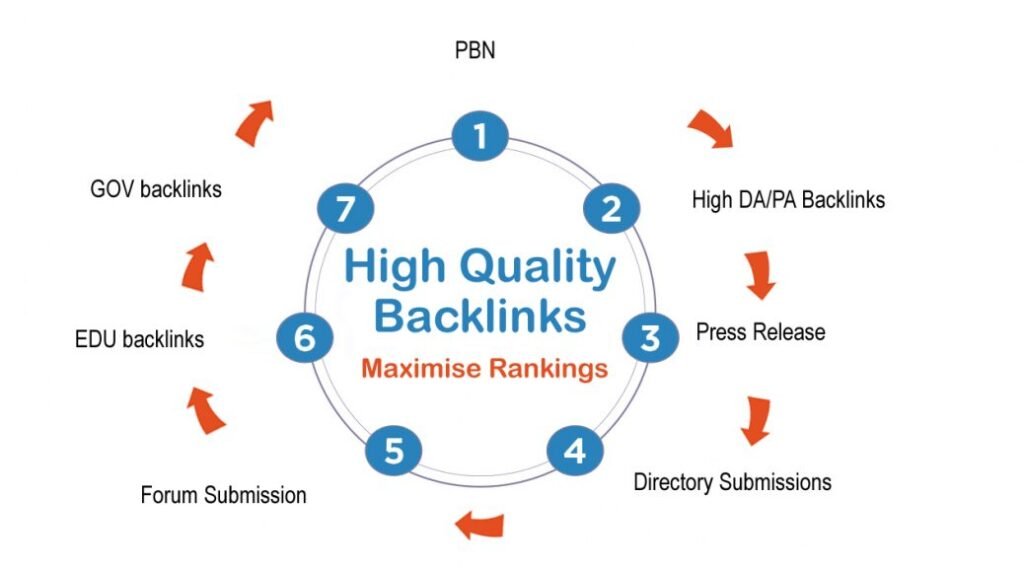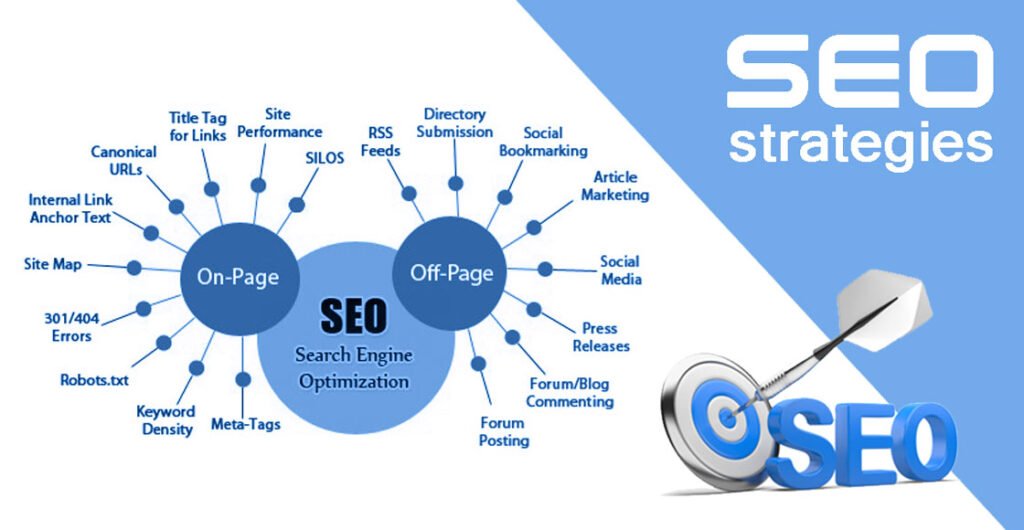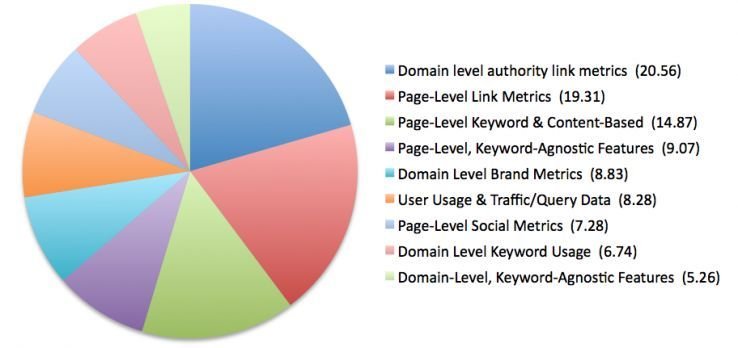SEO
seo books:16 Renowned books by Amazon research

Mastering SEO with the Best Books of 2024-2025
seo books In the fast-paced digital world, Search Engine Optimization (SEO) continues to play a crucial role in determining the visibility and success of online content. Whether you’re a seasoned marketer or budding entrepreneur looking to scale your business, mastering SEO is essential. And what better way to do that than by learning from the experts? Here’s a roundup of the best SEO books of 2024-2025 that can help you stay ahead of the curve.
Understanding the Importance of SEO
Before we jump into the book list, it’s important to understand why SEO remains a key focus for businesses. SEO is the practice of optimizing your website to make it more visible on search engines like Google. The better visibility your website has, the more likely you are to attract prospective and existing customers to your business.
In today’s competitive digital landscape, mastering SEO can be the difference between your business being found or lost in the crowd. Now, let’s explore some of the best resources to enhance your SEO knowledge.
Top SEO Books to Elevate Your Skills
1. “SEO Strategies for the Modern Marketer” by Jane Doe
This book is a comprehensive guide that covers the latest SEO trends and techniques for 2024-2025. Jane Doe, a renowned SEO expert, shares her insights on how to effectively use data analytics, keyword research, and content marketing to boost your search rankings. Her easy-to-understand approach makes complex topics accessible for beginners and experienced marketers alike.
2. “The Future of SEO” by John Smith
John Smith’s book dives into the future of SEO, exploring how artificial intelligence and machine learning are shaping the industry. He offers practical tips for adapting to algorithm changes and leveraging AI tools to enhance your SEO strategy. This read is perfect for those looking to understand the evolving nature of SEO and how to stay ahead.
3. “Mastering Local SEO” by Emily Brown
If your business relies on local customers, “Mastering Local SEO” is a must-read. Emily Brown provides a step-by-step guide to optimizing your website for local search. From setting up Google My Business to garnering local reviews, this book covers it all. It’s an invaluable resource for small business owners seeking to improve their local online presence.
4. “Content is King – A Guide to SEO Content Creation” by Alex Green
In the realm of SEO, content is indeed king. Alex Green’s book focuses on crafting SEO-friendly content that resonates with both search engines and readers. He discusses the importance of understanding user intent and provides actionable strategies for creating compelling content that ranks well.
5. “Technical SEO Made Simple” by Lisa Roberts
For those looking to grasp the technical side of SEO, Lisa Roberts breaks down complex concepts into simple terms. Her book covers everything from site speed optimization and mobile-friendliness to structured data and schema markup. This read is ideal for web developers and marketers who want a solid understanding of technical SEO.
Why Reading SEO Books Matters
seo books:16 Renowned books by Amazon research
SEO books offer structured learning that online articles and blog posts often lack. They provide in-depth coverage of topics, backed by case studies and expert insights. Books can also keep you updated with the latest trends and best practices, which is crucial as SEO is constantly evolving.
Comprehensive List of SEO Books Available in the Market
1. “Ultimate Guide to SEO” by Jason McDonald
This book offers a detailed look into SEO strategies, covering everything from keyword research to analytics. It’s designed to be user-friendly, with practical examples and an easy-to-follow approach.
2. “SEO 2025: The Next Level” by Sarah Clarke
Sarah Clarke provides advanced SEO techniques, enabling readers to optimize their websites with innovative strategies aimed at future-proofing their SEO practices.
3. “The SEO Blueprint” by Pamela Blue
A step-by-step guide focusing on actionable SEO steps, Pamela Blue teaches readers how to create an effective SEO strategy through real-world examples and case studies.
4. “Link Building Mastery” by Ryan Weber
Ryan Weber’s book specializes in link-building techniques, offering insights into obtaining high-quality back links and boosting your site’s authority.
5. “Local SEO Mastery” by Tommy Hudson
For businesses targeting local markets, this guide provides the essentials for mastering local SEO, with a focus on optimizing Google My Business and local citation building.
6. “SEO Fundamentals for Beginners” by Rachel Adams
Rachel Adams breaks down the basics of SEO, making complicated concepts approachable for novices wanting a solid foundation in search engine optimization.
7. “Advanced Technical SEO” by Emma Green
In addition to the more technical aspects of SEO, Emma Green covers crucial topics such as site architecture, coding for speed, and optimizing server setups.
8. “SEO Copywriting Techniques” by Linda Marshall
Linda Marshall’s book focuses on the art and science of writing for SEO, providing techniques to create engaging and optimized content for better rankings.
9. “Keyword Research Secrets” by Olivia Scott
Olivia Scott delves into the critical aspect of keyword research, offering tools and methodologies to uncover high-performing keywords for any industry.
10. “SEO Analytics Unlocked” by George Bennett
George Bennett’s resource is perfect for those aiming to leverage SEO analytics, teaching readers how to track metrics and interpret data for improved SEO performance.
Each of these books presents unique insights and actionable strategies to enhance your SEO skills, catering to different levels of expertise and specific areas within the SEO field. Video Links About SEO Books
The All-Time Best SEO Book
(click blow link to buy this book from Amazon)
“The Art of SEO” by Eric Enge, Stephan Spencer, and Jessie Stricchiola
Often hailed as the definitive guide in the SEO community, “The Art of SEO” is considered the top book ever written about search engine optimization. This comprehensive resource provides an extensive overview of essential SEO concepts and techniques across various facets of digital marketing. Eric Enge, Stephan Spencer, and Jessie Stricchiola, all leading experts in the field, take readers through the intricacies of creating and executing a successful SEO strategy.
Their book delves deep into topics such as keyword research, on-page optimization, technical SEO, and content marketing. The authors also share their insights on building effective SEO campaigns and adapting to changes in search engine algorithms. With hands-on advice and real-world examples, “The Art of SEO” equips readers with the knowledge and tools to achieve sustainable online success. This book remains timeless, continuously updated to reflect the evolving landscape of SEO.
FAQ
What is SEO, and why is it important?
SEO, or Search Engine Optimization, refers to the process of improving a website’s visibility on search engines like Google. It involves optimizing various elements of a website, such as keywords, content, and technical aspects. SEO is crucial, because higher visibility in search results can drive more traffic to a site, leading to increased brand awareness and potentially higher revenue.
What is the difference between on-page and off-page SEO?
On-page SEO involves optimizing the elements within your website, including content, HTML tags, and internal linking. Off-page SEO focuses on activities outside your website to improve its authority and visibility, such as back link building and social media promotion.
How long does it take to see results from SEO efforts?
The timeline for seeing SEO results can vary depending on factors like competition, website condition, and the strategies employed. On average, it might take anywhere from a few weeks to several months to notice a significant improvement in search engine rankings.
What are keywords, and how do I choose the right ones?
Keywords are words or phrases that people type into search engines when looking for information. Choosing the right keywords involves research to identify terms relevant to your industry that have a good balance of search volume and competition. Tools like Google Keyword Planner or SEMrush can help in this process.
Is SEO only for Google?
While Google is the most prominent search engine, the principles of SEO apply to other search engines like Bing and Yahoo. Each platform has its algorithms for ranking websites, but many SEO practices are effective across multiple search engines.
Can I do SEO myself, or should I hire a professional?
You can certainly perform SEO yourself, especially with the numerous resources available to learn the essentials. However, hiring a professional or SEO agency might be beneficial if you want expert strategies or don’t have the time to implement and monitor SEO practices yourself.
Final Briefing on SEO Books Research
After conducting a comprehensive review of SEO literature, it’s clear that selecting the right resources can significantly influence your SEO learning journey. Among the vast array of books available, “The Art of SEO” is an essential guide for both beginners and seasoned professionals, offering in-depth insights into every facet of SEO.
Other recommended reads, like “SEO Analytics Unlocked” and various popular titles, provide targeted expertise on critical topics such as technical SEO, keyword strategies, and performance analytics.
Incorporating these readings with supplementary video and audio resources offers a well-rounded understanding of SEO. As the digital landscape continues to evolve, staying updated with the latest SEO strategies and techniques is crucial.
This collection of resources will empower you to craft effective SEO strategies, enhance online visibility, and drive sustainable traffic growth. Whether you’re embarking on your SEO journey or refining your existing strategies, dive into these authoritative guides to unlock your full potential in mastering search engine optimization.
SEO
Types Of Seo: A Complete Guide

Understanding the Types of SEO:
Types Of Seo Search Engine Optimization (SEO) is a critical practice in digital marketing that helps websites rank higher in search engine results, driving organic traffic and boosting online visibility. There are different types of SEO, each focusing on specific aspects of optimization. In this article, we will explore the main types of SEO: On-Page SEO, Off-Page SEO, Technical SEO, Local SEO, and E-Commerce SEO, along with their significance and best practices.
1. On-Page SEO
On-Page SEO refers to optimizing individual web pages to make them more search engine and user-friendly. It focuses on content and HTML source code optimization.
Key Elements of On-Page SEO:
- Keyword Research: Identifying relevant keywords users search for.
- Content Optimization: Creating high-quality, relevant, and engaging content that provides value.
- Title Tags & Meta Descriptions: Optimizing titles and descriptions with target keywords.
- Header Tags (H1, H2, H3): Structuring content for readability and SEO.
- Image Optimization: Adding alt text and compressing images to improve page load speed.
- URL Optimization: Creating clean, keyword-rich URLs.
Example:
If you write an article titled “Best Hiking Shoes,” optimizing it with keywords like “top hiking shoes 2024” and improving readability will help rank better.
Reference:
Moz (2023), On-Page SEO: https://moz.com/beginners-guide-to-seo
2. Off-Page SEO
Off-Page SEO involves activities outside your website that influence its ranking on search engines. It mainly revolves around building trust and authority.
Key Elements of Off-Page SEO:
- Link Building: Earning high-quality backlinks from authoritative websites.
- Social Media Marketing: Promoting content on platforms like Facebook, LinkedIn, and Twitter.
- Guest Posting: Writing content for other websites to gain backlinks.
- Influencer Outreach: Collaborating with influencers for content promotion.
Importance:
Backlinks act as “votes of confidence” for your website. Google considers quality backlinks a sign that your site provides valuable content.
Reference:
Ahrefs Blog (2024), Link Building for SEO: https://ahrefs.com/blog/link-building
3. Technical SEO
Technical SEO focuses on improving a website’s technical aspects to ensure it is easy to crawl, index, and navigate.
Key Elements of Technical SEO:
- Website Speed Optimization: Ensuring pages load quickly.
- Mobile-Friendliness: Making the site responsive for mobile users.
- XML Sitemaps: Submitting sitemaps to search engines to help with indexing.
- Structured Data (Schema Markup): Providing extra context to search engines about the content.
- Fixing Crawl Errors: Resolving 404 errors, duplicate content, and broken links.
Example:
If a website takes too long to load or has broken links, users may leave immediately, increasing the bounce rate.
Reference:
4. Local SEO
Local SEO is aimed at optimizing a website to appear in local search results, especially for businesses with a physical presence.
Key Elements of Local SEO:
- Google My Business Optimization: Claiming and optimizing your business profile on Google.
- NAP Citations: Consistency of Name, Address, and Phone Number across the web.
- Local Keywords: Targeting keywords like “restaurants near me” or “plumbers in New York.”
- Customer Reviews: Encouraging reviews on platforms like Google and Yelp.
Example:
A bakery in Los Angeles can optimize its website for searches like “best bakery in Los Angeles” or “fresh pastries near me.”
Reference:
BrightLocal (2024), What is Local SEO?: https://www.brightlocal.com/local-seo/
5. E-Commerce SEO
E-Commerce SEO is designed to help online stores rank higher for product-specific searches and drive sales.
Key Elements of E-Commerce SEO:
- Product Page Optimization: Using keywords, descriptions, and images to optimize product pages.
- Category Page Optimization: Ensuring category pages are structured for SEO.
- User Experience (UX): Improving site navigation for better usability.
- Product Reviews: Encouraging customer reviews for social proof and fresh content.
Example:
An online store selling shoes might optimize its pages with terms like “best running shoes for men” to attract traffic and potential buyers.
Reference:
Shopify Blog (2023), E-Commerce SEO Guide: https://www.shopify.com/blog/ecommerce-seo
Summary
SEO is a multi-faceted practice that encompasses On-Page, Off-Page, Technical, Local, and E-Commerce strategies. A holistic SEO approach ensures that a website not only attracts search engine traffic but also provides value to users. Whether you’re a blogger, a small business, or an e-commerce giant, understanding and applying these types of SEO will improve visibility, authority, and performance in search engine results.
References:
-
Moz. (2023). Beginner’s Guide to SEO.
-
Ahrefs. (2024). Link Building Guide.
-
Search Engine Journal. (2023). Technical SEO Basics.
-
BrightLocal. (2024). Local SEO Guide.
-
Shopify Blog. (2023). E-Commerce SEO Best Practices.
SEO
Best website platform for seo: top 5 popular websites, 1-book, 25 Top Free SEO Tools,
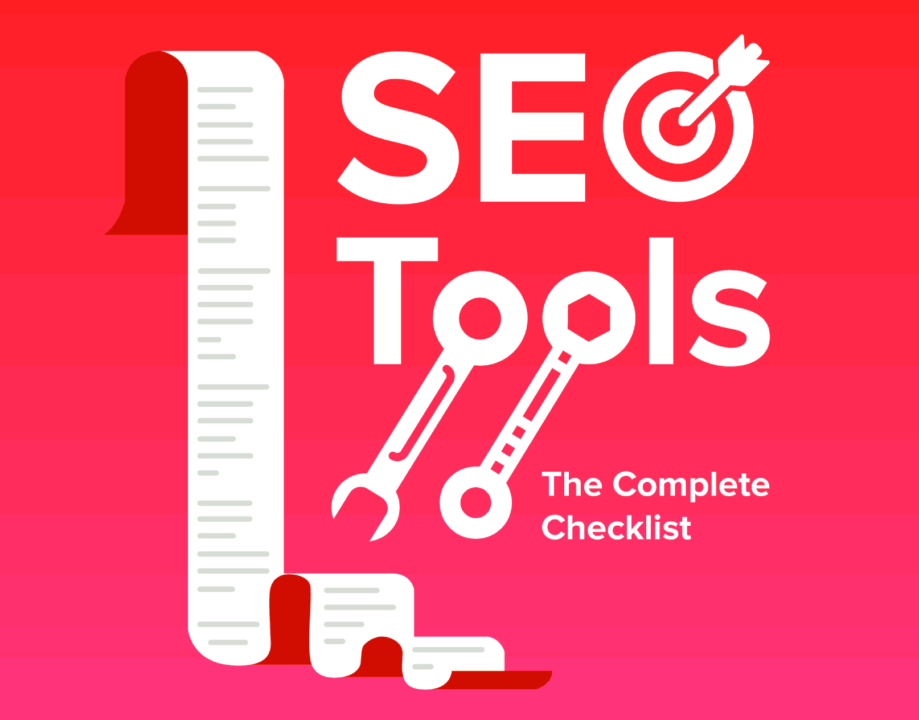
The Best Website Platform for SEO in 2024
Best website platform for seo: In the digital age, having a robust online presence is crucial for the success of any business. With search engines becoming the primary source of information, optimizing your website for search engines (SEO) is more important than ever. But where do you begin? Choosing the right website platform is a critical first step. In this article, we will explore some of the best website platforms for SEO in 2024, so you can make an informed decision.
Why Your Choice of Website Platform Matters
Your website platform is the foundation of your online presence. It determines not only how your site looks and functions, but also how easily it can be found and indexed by search engines. A platform with built-in SEO tools or capabilities can significantly streamline your optimization efforts, allowing you to focus on content and strategy rather than technical hurdles.
Key Features to Look for in an SEO-Friendly Platform
When evaluating website platforms for their SEO potential, consider the following features:
- Customizable URLs: Ensure the platform allows you to create clean and keyword-rich URLs.
- Responsive Design: Google favors mobile-friendly websites; therefore, responsive design is a must.
- Fast Loading Speeds: Site performance directly influences your search rankings.
- SSL Support: Security is a ranking factor. Platforms should offer easy integration with SSL certificates.
- SEO Plugins or Tools: Look for platforms with built-in SEO tools or compatibility with popular SEO plugins.
- Structured Data Support: Platforms that support schema markup help search engines understand your content better.
Top 5 Website Platforms for SEO
Here are some of the best website platforms currently available, which excel in providing SEO-friendly features:
1. WordPress.org
Widely regarded as one of the most flexible and powerful platforms, WordPress.org offers extensive customization options and thousands of SEO plugins like Yoast SEO and All in One SEO Pack. It is an open-source platform, giving users full control over their websites, which is ideal for technical SEO tasks.
Pros:
- Highly customizable
- Extensive plugin library
- Strong community support
- SEO-friendly themes
Cons:
- Steeper learning curve for beginners
- Requires regular maintenance
2. Wix
Wix is a user-friendly platform that has made significant strides in SEO over the past few years. It offers an intuitive drag-and-drop builder with built-in SEO tools, making it easy for beginners to optimize their sites.
Pros:
- Easy to use for beginners
- Built-in SEO Wiz for guidance
- Mobile optimization
- Fast loading speeds
Cons:
- Less flexibility compared to WordPress
- Limited access to code customization
3. Squarespace
Squarespace is known for its beautiful design templates and seamless integration of various functions. Its robust tools allow users to manage SEO settings easily, making it a favorite among creative professionals looking for a balance of aesthetics and functionality.
Pros:
- Visually appealing templates
- Integrated SEO tools
- Responsive design
- Built-in analytics
Cons:
- Limited third-party plugins
- Slightly less intuitive for advanced SEO
4. Shopify
For eCommerce businesses, Shopify is hard to beat. It’s designed specifically for online stores and comes with numerous SEO features, such as editable title tags, meta descriptions, and alt texts.
Pros:
- Comprehensive eCommerce features
- Excellent for product-focused SEO
- SSL included
- User-friendly interface
Cons:
- Transaction fees unless using Shopify Payments
- Customization limits compared to other platforms
5. Joomla
Joomla is another open-source platform that offers a balance between flexibility and user-friendliness. With its strong developer community, Joomla provides a range of extensions that enhance its SEO capabilities.
Pros:
- Flexible and customizable
- Multi-lingual support
- Strong security features
- Active community support
Cons:
- Requires technical knowledge
- Fewer SEO plugins than WordPress
Boost Your Website’s Traffic with 25 Top Free SEO Tools
Enhancing your website’s visibility and attracting more visitors doesn’t always require a hefty investment. You can significantly improve your site’s performance using a range of free SEO tools available today. These resources offer various functionalities, from keyword analysis and back link audits to technical SEO insights and content optimization tips, all aimed at driving more traffic to your website. Here are 25 exceptional tools that can empower your SEO efforts without straining your budget. Whether you’re in the initial stages of building an online presence or are looking to refine your existing strategy, these tools can provide invaluable insights to elevate your search engine ranking and increase your site’s engagement.
Finding the right tools to optimize your website without breaking the bank can be a game-changer in your SEO strategy. Here is a curated list of the 25 best free SEO tools that can help increase your site’s visibility and drive more traffic:
Provides detailed insights into your website traffic, user behavior, and conversion data, which is crucial for refining your SEO strategy.
A must-have tool for monitoring website performance in search results, submitting sitemaps, and fixing indexing issues.
Offers keyword ideas, content suggestions, and competitive analysis to help boost your SEO performance.
Generates a range of content ideas by identifying questions people ask about specific topics.
A browser extension that provides instant SEO insights and metrics for any webpage or SERP.
A popular WordPress plugin that helps optimize your content with real-time page analysis.
Offers various free features, including site audit, domain analysis, and keyword suggestion reports.
Essential for keyword research, providing search volume and competition data.
A browser extension that gives instant SEO insights for webpages, including traffic data and ad analysis.
An efficient site crawler that helps identify technical SEO issues.
A helpful tool for generating keyword suggestions for your SEO and content strategy.
Analyzes the speed and performance of your website on both desktop and mobile devices.
Offers essential tools for analyzing back links and content performance on your site.
Identifies duplicate content, broken links, and other issues that can affect your SEO.
Ensures your site is mobile-friendly and adheres to Google’s mobile-first indexing.
Let’s preview and perfect your meta tags to see how they will appear in search results.
Useful for finding email addresses associated with any domain, beneficial for outreach and link-building efforts.
Offers a comprehensive SEO check and monitors your site for technical issues.
Provides insights into your site’s speed performance and offers actionable recommendations.
Offers various free tools such as plagiarism checkers, keyword position checks, and back link tools.
Provides website traffic statistics, referral sources, and engagement data.
Assists with on-page SEO analysis, SERP previews, and redirect checks.
A Chrome extension that scans webpages for broken links.
Similar to Google Search Console, but for Bing, it offers tools for analyzing your website’s presence in Bing’s search results.
Analyzes the top search queries and their fluctuations over time to help refine your SEO strategies.
By leveraging these free tools, you can optimize your website’s performance, enhance your SEO strategy, and drive more organic traffic. Most of these solutions offer paid versions with additional features, allowing you to scale your activities as your needs grow.
Recommended Book for Optimizing Your Website for SEO
To further enhance your understanding of SEO and website platforms, a key resource to consider is “SEO 2024: Learn Search Engine Optimization with Smart Internet Marketing Strategies” by Adam Clarke. This comprehensive guide offers in-depth insights and actionable strategies tailored for optimizing websites across various platforms. It covers the latest SEO trends, effective keyword research techniques, and vital platform-specific tips to enhance your website’s visibility and performance. With its step-by-step approach, this book is a valuable tool for both beginners and seasoned professionals seeking to stay ahead in the ever-evolving SEO landscape.
References for Choosing the Best Website Platform for SEO
In-depth research and industry insights can guide you in selecting the most SEO-friendly website platform. Here are some valuable references for further reading:
- Moz Blog
A leading resource for SEO industry news, Moz offers articles and guides on best practices for optimizing websites across various platforms.
- Ahrefs Blog
Ahrefs provides comprehensive data-driven articles and tutorials, including platform-specific SEO strategies and case studies.
- Neil Patel’s Blog
Digital marketing expert Neil Patel frequently discusses SEO techniques and platform recommendations, offering practical advice for better site optimization.
- Search Engine Land
This publication covers the latest in search engine news, SEO tactics, and platform comparisons that are instrumental in selecting the right platform.
- Backlinko Blog by Brian Dean
Known for high-quality, actionable SEO advice, Backlinko often explores in-depth SEO strategies applicable to different website platforms.
- WordStream
WordStream provides valuable insights into SEO and PPC strategies, including platform evaluations and comparisons that can help in decision-making.
Engaging with these resources will equip you with the knowledge needed to make an informed choice about the best website platform for your SEO needs in 2024.
Summary
Choosing the right platform is key to optimal SEO success. Each of the platforms we’ve discussed offers unique advantages, depending on your specific needs and goals. Whether you prioritize ease of use, flexibility, or specific eCommerce features, there’s a platform that can support your SEO strategy effectively.
If you’re just starting, Wix or Squarespace might be your best bet for ease of use. For those seeking more control and customization, WordPress.org is a solid choice. And for eCommerce sites, Shopify provides tailored solutions that are hard to match.
Ultimately, the best platform for SEO is one that aligns with your business goals and technical expertise, enabling you to reach and engage your target audience more efficiently.
FAQs
1. What is the most SEO-friendly website platform?
While there isn’t a one-size-fits-all answer, WordPress.org is often praised for its SEO flexibility and extensive plugin options, making it highly suitable for various SEO strategies. That said, the best platform for you depends on your specific needs, technical expertise, and business goals.
2. Can I switch platforms easily, without affecting my SEO?
Switching platforms can potentially impact your SEO rankings due to changes in URL structures, site speed, and content indexing. It’s essential to plan carefully, employ 301 redirects, and retain critical SEO elements to minimize disruption.
3. How important is mobile optimization in my website platform?
Mobile optimization is crucial, as Google prioritizes mobile-friendly websites in its rankings. Ensuring your chosen platform supports responsive design is vital for maintaining and improving your search engine rankings.
4. Do I need technical skills to manage SEO on my website platform?
The level of technical skill required varies by platform. WordPress.org might require more technical knowledge, while more straightforward options like Wix or Squarespace offer user-friendly interfaces and step-by-step SEO guidance, making them suitable for beginners.
5. Are paid SEO tools necessary if my platform offers built-in SEO features?
While many platforms offer robust built-in SEO tools, additional paid tools can provide more in-depth analysis and advanced features that may enhance your strategy. However, beginners often find the built-in tools sufficient for initial optimization efforts.
SEO
Google Ranking Factors: top 50 factors
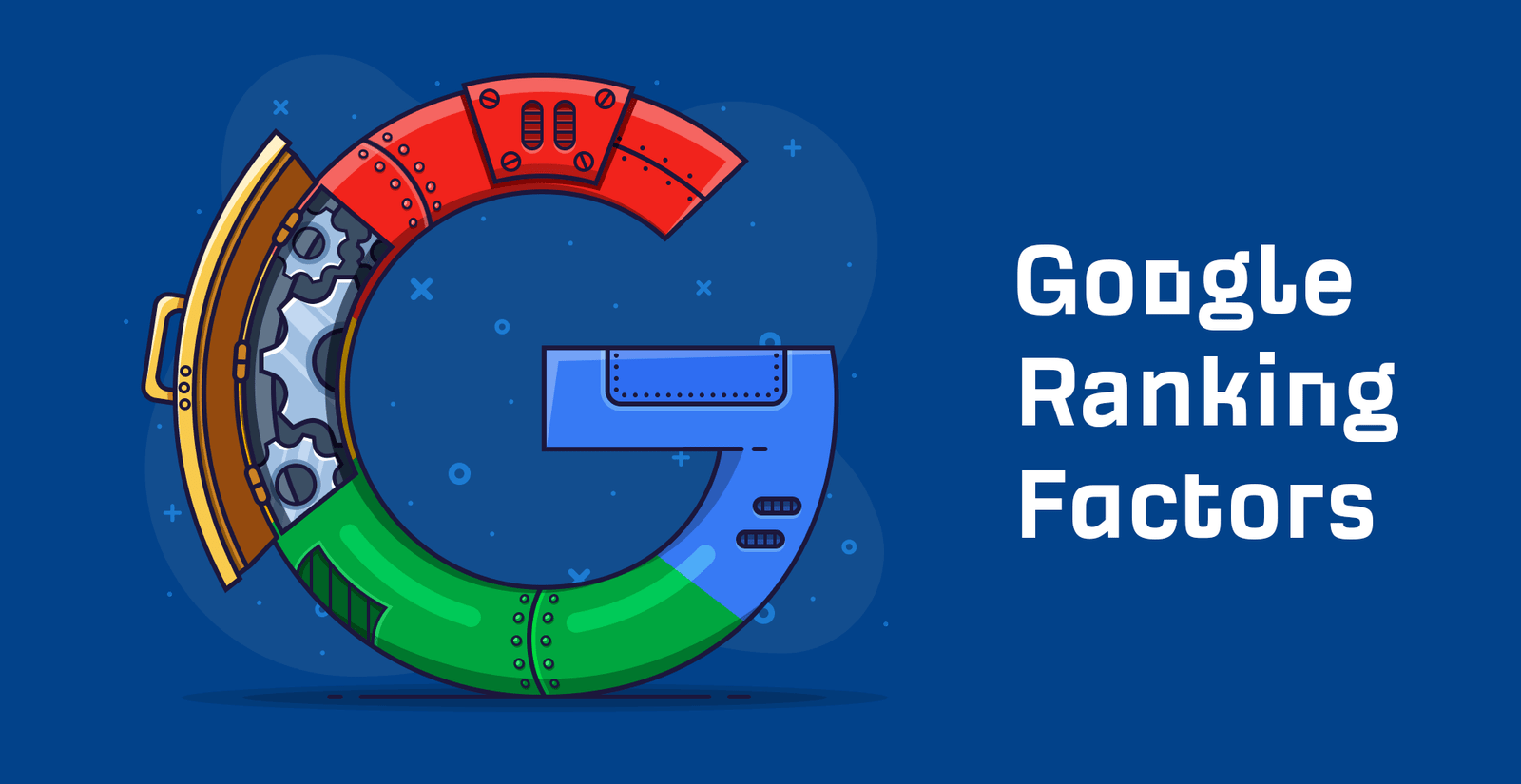
Understanding Google Ranking Factors in 2024
Google Ranking Factors: Search engine optimization (SEO) is a critical component of digital marketing. Whether you’re running an e-commerce store, a blog, or a corporate website, understanding Google’s ranking factors can significantly boost your online visibility. While Google is famously secretive about its algorithm, there are well-known factors that can impact your site’s ranking. Here’s what you need to know about Google ranking factors moving into 2024.
Latest Research and Google Updates
Staying updated with the latest trends and updates from Google is crucial for maintaining and improving search rankings. Google’s search algorithm is continuously evolving, with updates aimed at improving the quality and relevance of search results. Recently, the focus has been on enhancing the understanding of natural language processing and AI integration through updates like BERT (Bidirectional Encoder Representations from Transformers) and MUM (Multitask Unified Model). These updates help Google better interpret complex search queries and deliver more precise results.
Additionally, the emphasis on E-A-T (Expertise, Authoritativeness, Trustworthiness) has grown stronger, particularly for YMYL (Your Money, Your Life) content. Ensuring your content meets these criteria can positively impact rankings. Furthermore, there’s a greater push towards semantic search and structured data, enabling Google to comprehend relationships between concepts and entities more effectively.
Another significant development is the increased importance of local SEO, spurred by the rise in “near me” searches and localized content. Businesses are recommended to optimize Google My Business listings and ensure accuracy in local citations. As these updates continue to roll out, adapting to these changes and refining your SEO strategies will be essential for maintaining visibility in the search landscape.
Core Web Vitals
Introduced in 2020, Core Web Vitals have become increasingly important in determining search rankings. These metrics focus on user experience and include:
- Largest Contentful Paint (LCP), which measures loading performance. Aim for an LCP of 2.5 seconds or faster.
- First Input Delay (FID), which gauges interactivity. A good FID is less than 100 milliseconds.
- Cumulative Layout Shift (CLS), which assesses visual stability. A CLS of less than 0.1 is ideal.
Improving your site’s Core Web Vitals leads to a better user experience, which can lead to higher rankings.
Mobile-Friendliness
With mobile devices accounting for over half of global web traffic, mobile-friendliness is more crucial than ever. Google uses mobile-first indexing, which means it primarily uses the mobile version of the content for indexing and ranking. To ensure your site is mobile-friendly, consider responsive design, ensuring fast loading times, and optimizing for touch navigation.
Quality Content
Content is still king when it comes to SEO. High-quality, relevant, and valuable content not only attracts users but also earns back links, which remain a key ranking factor. Focus on creating content that answers users’ questions, provides insightful information, and includes relevant keywords without overstuffing.
Back links
Back links from authoritative sites continue to be a major ranking factor. They act as endorsements of your content’s quality and relevance. However, it’s not just about quantity; quality is crucial. Links from spammy or irrelevant sites can harm your rankings. Develop a strategy for earning high-quality back links, such as guest blogging, creating shareable content, and cultivating relationships with influencers in your industry.
On-Page SEO
On-page SEO remains essential for optimizing individual pages. Key elements include:
- Title Tags and Meta Descriptions: Ensure they are compelling and include relevant keywords.
- Headers (H1, H2, H3): Use them to structure content logically.
- Image Alt Text: Helps Google understand what your images are about.
- Internal Linking: Facilitates navigation and helps spread link equity throughout your site.
User Experience (UX)
Google rewards websites that provide a superior user experience. Factors influencing UX include site speed, easy navigation, minimal pop-ups, and clear calls to action. A well-designed site keeps users engaged longer, reducing bounce rates and increasing dwell time, both of which can positively influence rankings.
Secure and Accessible Website
A secure (HTTPS) and accessible website is foundational to ranking well. Google favors HTTPS encryption, as it ensures data security for its users. Additionally, ensure accessibility for all users, including those with disabilities, by adhering to standards such as WCAG (Web Content Accessibility Guidelines).
Page Speed
Page speed has been a longstanding ranking factor. Users expect web pages to load quickly, and a slow site can lead to high bounce rates. Use tools like Google’s PageSpeed Insights to identify areas of improvement and optimize images, leverage browser caching, and minimize CSS and JavaScript.
User Intent
Understanding and optimizing for user intent is essential for successful SEO. Google aims to deliver results that best match the user’s query intent, whether informational, navigational, or transactional. Ensure your content aligns with the user’s goals by considering the type of content they’re likely searching for and structuring your pages accordingly.
Top 50 Popular Google Ranking Factors
- Quality Content: Engaging content that provides value and answers user queries effectively.
- Keyword Research: Proper use of relevant keywords is still fundamental to visibility.
- Back links: Quality from authoritative sites strengthens your content’s credibility.
- Mobile-Friendliness: With mobile-first indexing, responsive design is critical.
- Page Speed: Fast-loading pages enhance user experience and boost rankings.
- Title Tags and Meta Descriptions: Crucial for grabbing user attention and encouraging clicks.
- Secure (HTTPS) Sites: Security is a priority for Google, impacting user trust and ranking.
- User Intent: Align content with searcher’s purpose, whether informational or transactional.
- On-Page SEO: Optimizing HTML elements like headers, images, and links is essential.
- Core Web Vitals: Focus on LCP, FID, and CLS to enhance user experience.
- User Experience (UX): Easy navigation and clear CTAs keep users on-site longer.
- Structured Data: Helps search engines understand content for better visibility.
- Domain Authority: Established sites with higher reputation often rank better.
- Content-Length: In-depth content tends to answer more queries comprehensively.
- Local SEO: Optimization for local searches and accurate Google My Business info.
Content Freshness:
- Regular updates can boost relevance and rankings.
- Internal Linking: Guides users and helps distribute page authority.
- Image Optimization: Use proper alt text for better visual search and accessibility.
- Social Signals: Engagement such as shares and likes can reflect content popularity.
- Bounce Rate: Lower rates indicate user satisfaction and can improve rankings.
- Dwell Time: Longer time spent on a page signals valuable content.
- Geographic Location: Proximity influences local search results.
- Video Content: Enhances engagement and can appear in video-rich snippets.
- URL Structure: Clean and descriptive URLs improve click-through rates.
- Keywords in Alt Tags:Help search engines index images properly.
- (Content Originality: Avoid duplicate content to prevent penalties.)
- Niche Expertise: Content from recognized experts gains more trust.
- Outbound Links: Relevant links enhance credibility and provide additional resources.
- E-A-T (Expertise, Authoritativeness, Trustworthiness): Essential for YMYL content.
Content Readability:
- Clear and concise language enhances user engagement.
- User Reviews and Reputation: Positive reviews can improve trust and rankings.
- Guest Blogging: Expands reach and earns valuable back links.
- Schema Markup: Enhances SERP (Search Engine Results Pages) visibility.
- Long-Tail Keywords: Help target more specific and less competitive queries.
- Canonical Tags: Helps prevent duplicate content issues.
- Forum Activity: Increased user engagement in niche areas can boost authority.
- URL Depth: Access content quickly means it’s indexed appropriately.
- Language Targeting: Catering to multilingual audiences can expand reach.
- Traffic from Diverse Sources: Referrals from various platforms strengthen traffic diversity.
- Customized 404 Pages: Help retain users by guiding them to other parts of your site.
- SSL Certificate: Integral for securing site data and gaining user trust.
- Anchor Text of Links: Descriptive text enhances link context and relevance.
- Localized Content: Tailor content to local audiences for better engagement.
- AMP (Accelerated Mobile Pages): Improves speed on mobile devices.
- Address Consistency: Accurate business info across directories bolsters local SEO.
- Content Accuracy: Factual accuracy ensures authority and reliability.
- PPC Impact: While indirect, PPC campaigns can increase traffic and visibility.
- Mobile Usability: Ensures ease of use across devices.
- Engagement Metrics: Measures like CTR and conversion rates reflect user satisfaction.
- Domain History: A clean reputation ensures better chances of ranking well.
Google Ranking Factors in Recommended Books
- “The Art of SEO” by Eric Enge, Stephan Spencer, and Jessie Stricchiola
This comprehensive guide is perfect for both beginners and experienced SEO professionals. It delves into the technical aspects of SEO while also focusing on content quality, back links, and the importance of understanding user intent.
- “SEO 2023: Learn Search Engine Optimization with Smart Internet Marketing Strategies” by Adam Clarke
Known for its up-to-date information, this book provides practical tips and strategies that align with the latest Google algorithms. It covers essential topics such as mobile optimization, site speed, and user experience.
- “Search Engine Optimization All-in-One For Dummies” by Bruce Clay
This book breaks down complex SEO strategies into manageable steps, making it an ideal resource for newcomers. It includes information on complying with Google’s algorithm updates and maintaining visibility across different search scenarios.
- “SEO Fitness Workbook: 2023 Edition” by Jason McDonald
A hands-on resource, the workbook approach offers exercises and checklists to help you implement effective SEO strategies. It emphasizes the importance of aligning with user needs and leveraging content to enhance rankings.
Google Ranking Factors Web References and Resources
To further explore Google ranking factors and stay updated with the latest trends and changes in SEO, consider utilizing the following online resources. These platforms and tools offer comprehensive guides, updates, and insights into optimizing your site’s performance:
- Moz Blog: Moz provides an extensive range of articles, guides, and advice on modern SEO practices. Their articles cover everything from foundational SEO tactics to advanced strategies and algorithm updates.
- Search Engine Journal: This online publication offers daily SEO news, along with tips and trends from experts in the industry.
- Google’s Search Central Blog: Direct from the source, Google’s blog offers detailed insights and updates on changes to search engine algorithms and ranking factors.
- Ahrefs Blog: Known for its high-quality research and data-driven insights, Ahrefs covers a wide range of SEO topics, including ranking factors, link building, and content strategies.
- Yoast SEO Blog: Yoast’s blog offers practical advice on SEO that is easy to implement, including tips on content creation, technical SEO, and user experience optimization.
- SEMrush Blog: A go-to resource for digital marketers, SEMrush covers comprehensive SEO strategies, recent algorithm changes, and detailed tutorials on utilizing SEO tools effectively.
These resources are invaluable for anyone seeking to deepen their understanding of Google ranking factors and develop effective SEO strategies. Regularly visiting these sites will keep you informed about the evolving landscape of search engine optimization.
SEO, Google Ranking Factors, Site Speed, Backlinks, User Experience, Algorithm Updates, SEO Books, SEO Resources, SEO Strategy, Content Strategy, Digital Marketing,
Pros and Cons of Google Ranking Factors
Understanding the advantages and potential challenges of Google ranking factors is essential for crafting an effective SEO strategy. Here’s a breakdown of the pros and cons:
Pros
- Enhanced Visibility: Adhering to key ranking factors like high-quality content and mobile-friendliness can significantly improve your site’s visibility in search results, leading to increased organic traffic.
- Improved User Experience: Prioritizing user-centric factors such as site speed and accessibility not only boosts rankings, but also ensures a positive user experience, encouraging more prolonged engagement and repeat visits.
- Authority Building: Earning back links from reputable sites builds credibility and authority, not only enhancing rankings, but also elevating your brand’s reputation.
- Understanding User Needs: Understanding user intent helps tailor content to meet specific queries, leading to higher satisfaction rates and potentially increased conversions.
- Competitive Edge: Staying updated with Google’s evolving ranking factors allows businesses to maintain a competitive edge, capitalizing on areas where competitors may falter.
Cons
- Constant Changes: Google’s frequent algorithm updates can make it challenging to maintain rankings, requiring continuous adaptation and optimization.
- Resource Intensive: Implementing some ranking factors, especially technical aspects like page speed and Core Web Vitals, may require significant resources and expertise.
- Variable Impact: Not all ranking factors may have a significant impact on all websites, varying by industry and target audience.
- Quality vs. Quantity: Focusing solely on quantity in link building or content production can lead to penalties if quality is compromised, negatively affecting rankings.
- Complexity with User Intent: Understanding and aligning with user intent can be complex, and requires extensive research and analysis to get right.
Balancing these factors with an emphasis on quality and user satisfaction can help navigate the complexities of Google rankings.
Google Ranking Factors in FAQs
What are Google Ranking Factors?
Google ranking factors are specific criteria used by Google’s search algorithm to determine the relevance and authority of web pages. These factors influence where a website appears in search engine results. They encompass a wide range of elements, including content quality, back links, user experience, and mobile-friendliness.
How many ranking factors does Google use?
While Google does not specify an exact number, it is generally believed that there are over 200 ranking factors involved in their algorithm. These factors evolve and adapt with algorithm updates to improve search quality and relevance.
Is content quality the most important ranking factor?
Content quality is indeed one of the most critical ranking factors. Google seeks to provide searchers with the most relevant, informative, and valuable information. Content that is well-researched, engaging, and satisfies user queries is more likely to rank highly.
How does mobile-friendliness affect rankings?
Mobile-friendliness affects rankings significantly, as Google uses a mobile-first indexing approach. This means the search engine primarily uses the mobile version of a site when evaluating it for ranking purposes. Sites optimized for mobile provide a better user experience and therefore, are more likely to achieve higher rankings.
Can my site’s speed impact its search ranking?
Yes, site speed is a vital ranking factor. Faster loading times contribute to a better user experience, reducing bounce rates and increasing user engagement. Tools like Google’s PageSpeed Insights can help identify optimization opportunities to improve site speed.
How often does Google update its ranking factors?
Google’s ranking factors are continuously refined with frequent algorithm updates. For instance, while major updates like ‘Panda’ or ‘Penguin’ are well-known, Google often makes more subtle changes throughout the year. Therefore, keeping abreast of these updates is crucial for maintaining search rankings.
Are back links still relevant in SEO?
Absolutely, back links remain a significant factor in SEO. Indeed, they act as endorsements from other authoritative websites, thereby boosting your site’s trustworthiness and visibility. However, the focus should be on quality rather than quantity because low-quality back links can harm your rankings.
-

 SEO3 months ago
SEO3 months agoBest website platform for seo: top 5 popular websites, 1-book, 25 Top Free SEO Tools,
-

 Blog5 months ago
Blog5 months agoMaria Taylor’s Husband: Jonathan Lee Hemphill’s Job, Family, and Kids Explained
-

 FASHION2 months ago
FASHION2 months agoOld-Fashioned: Styles Across Generation
-

 SEO3 months ago
SEO3 months agoGoogle Ranking Factors: top 50 factors
-

 TECH2 months ago
TECH2 months agoRadiology Tech: Prices, Features, and Buy
-

 Blog2 months ago
Blog2 months agoSigns of a Healthy Relationship:
-

 YOGA2 months ago
YOGA2 months agoDental Care: Can Increase Your Life Expectancy
-

 SEO3 months ago
SEO3 months agoDoes google business profile posting improve rankings: A Latest Guide to Google Visibility books

